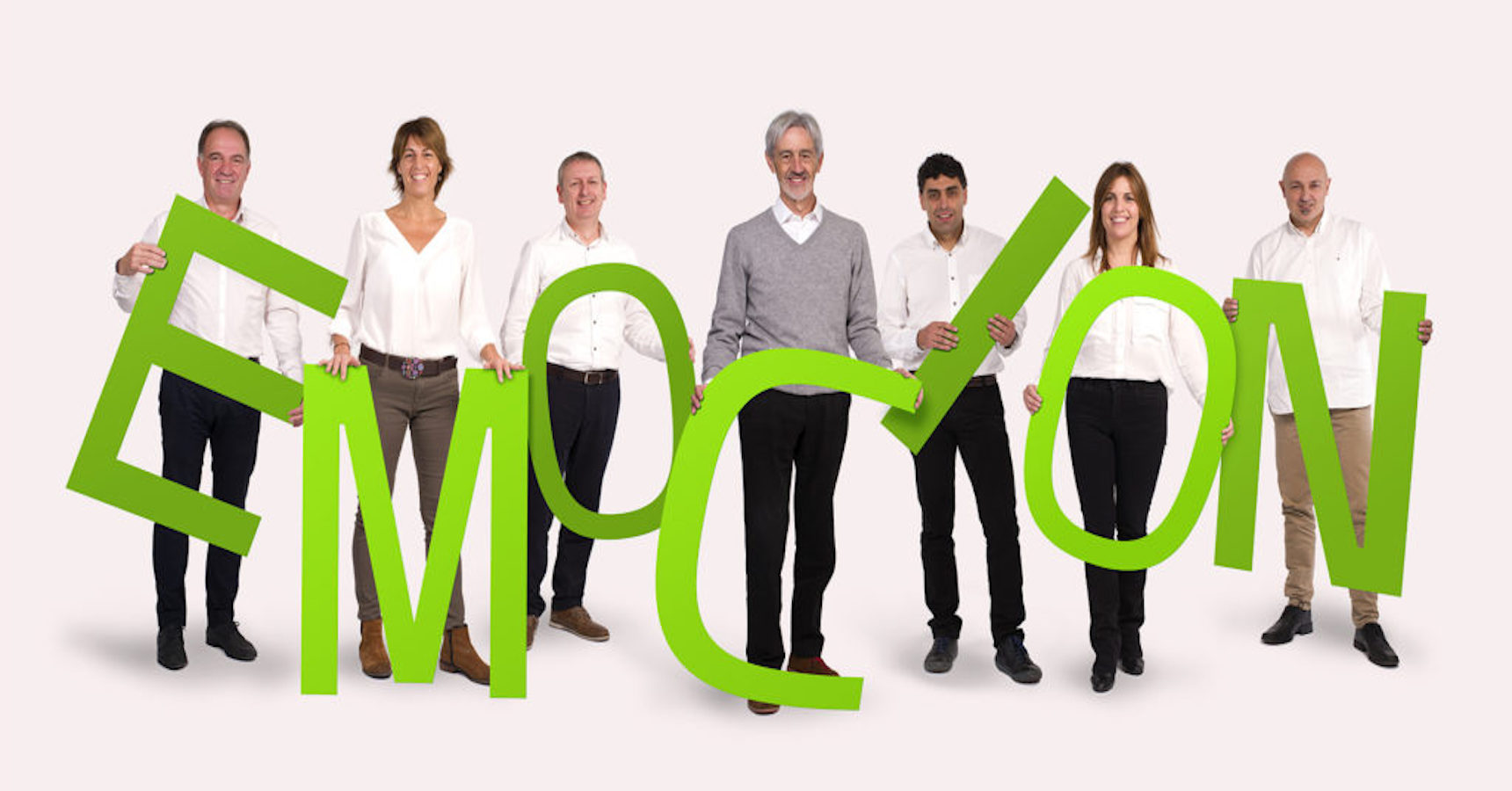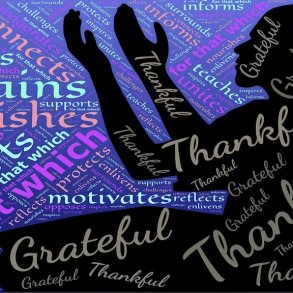By Pablo Aretxabala for Enlivening Edge Magazine
Translated into English by Unai Gaztelu, Regional Correspondent to EE Magazine for the Basque country of Spain
It is not easy to sum up in a few words the work of thousands of people during more than 25 years, but we will try to be concise and present ourselves as well as possible.
My name is Pablo Aretxabala and I am one of 7 members of the team we call “K2K Emocionando”. Since 2005, K2K has been devoted to deeply transforming organizations that want to evolve from the traditional hierarchical style to what we call the “New Style of Relationships” (“ner” from “nuevo estilo de relaciones” in Spanish).
The New Style of Relationships (ner) aims to embrace the essential elements of an advanced organization that is adapted to the epoch we are already living in, characterized by great fluidity.
The traditional company is based on a pyramidal organization chart, represented by job positions defined without taking people into account. The more we move to the base of the pyramid the less important the person becomes, and the more relevant the definition of tasks and functions becomes. In this way, the fixity of the “process” and the ease of making tasks repetitive are promoted, while people´s freedom to act is diminished.
These kinds of tasks are better performed by machines and robots than by humans; thus, the number of job positions at risk of disappearing increases as automation constantly increases.
A “ner organization” is a people-centered organization, where people take part in their wholeness, with their emotions, their thoughts, and their actions. People are not a “cost”, not resources, nor labor nor other such concepts; people are neither robots nor machines that are used and then disposed of when they are not useful anymore.
For people to apply not only their hands, but also their intelligence and passion at work, they need not only a job; they also need a space of personal freedom and a deep sense of purpose.
That is the reason why organizations need to get rid of the inflexibility of hierarchies and processes and give way to self-management and collective intelligence, which are much more powerful and effective tools in today’s volatile and complex environments. It is a fancy idea to think that a person or a small group of people “at the top” can think and decide for the whole organization and always make the best choice.
Visions of social utopias of centralized national economies controlled by a few have been overthrown by the adaptability, agility, and flexibility of distributed and decentralized action. The same applies to the company context where self-management and freedom to decide seem to be the most intelligent and proper way to go these days, leaving fixed hierarchies and unalterable procedures aside.
The following are the key elements of a “ner organization”:
- A ner organization behaves both inwardly and outwardly based on ethics, solidarity, generosity, and long-term vision.
- People are at the center of the organization, and their personal and professional development is sought.
- The organization is absolutely transparent with everybody in the organization. All necessary and relevant information is available in an easy-to-understand format.
- The organization trusts each person in it. There are no control systems; communication, cooperation, and collaboration are at their peak in search for internal harmony.
- Assemblies along with real and effective participatory processes help to make collective decisions in search for common good.
- Autonomous and self-managed teams substitute for hierarchical structures. Individuals in teams are active, responsible, and committed to fulfilling the collectively set goals.
- Professional pride, commitment, and customer service are above other considerations.
- Fair labor relations are established: small wage differentials, no dismissals, and sharing of benefits among all the members.
- A “ner organization” sees itself as an active part of society and thus, it shows responsibility and commitment by using time and economic resources to achieve fair and sustainable human development.
As you see, we are fully aligned with what Frederic Laloux calls “Teal organizations”. His book and the case studies presented are a great discovery for us.
During the last 12 years, K2K has implemented ner in over 50 organizations of all kinds. The most visible part of this work is ner group, an association of 26 companies in the Basque country of Spain, employing almost 2000 people and working with the above-mentioned values and practices.
There is plenty of online information (partly in English) if you want to know more about us:
– Website of K2K: http://www.k2kemocionando.com
– Books “Experiences ner” in English (there is more in Spanish): http://www.k2kemocionando.com/los-libros-k2k/experiencias-ner-2013/ and in this other http://www.k2kemocionando.com/los-libros-k2k/experiencias-ner-2012/
– Website of ner group: http://nergroup.org/en-us/
We are happy that we have found a community (the broad Reinventing Organizations community) who shares our dreams and concerns about how organizations should be in the future, and we hope to keep sharing experiences.
 Pablo Aretxabala has a d
Pablo Aretxabala has a d
Featured Image/graphic link added by Enlivening Edge Magazine.





Pablo, it’s pretty exciting to hear how people everywhere are coming towards similar conclusions and experiments and evolutions. Your article gives me a shot of pleasure and hope. Greetings and thanks.